
By Syed Wahaj Ahmed
Industrialists of Karachi and Hyderabad appealed to the government to withdraw new, unbearable and unjustifiable gas tariff which could be a tall order for survival of the local industries.
They urged leaders and political parties to reconsider the decision, emphasising that in developed countries, utilities are not exploited for economic gains.
They said the government’s focus should be on providing essential facilities to promote the industrial growth, rather than escalating gas and electricity prices without any proper planning.
SITE Association of Industry President Muhammad Kamran Arbi has condemned the recent increase in gas tariff as approved by the Economic Coordination Committee (ECC) and the caretaker government.
He has demanded caretaker Prime Minister Anwarul Haq Kakar, Federal Minister for Commerce, Industries and Production Dr Gohar Ejaz and Minister for Energy Muhammad Ali to take back the decision of price-hike in gas in the larger interest of the national economy and to save the industries from collapse.
He warned that if the decision is not withdrawn, the industries will be closed down, resulting in a decline in exports and mass unemployment.
Arbi said currently the national economy is passing through severe crises. To run an industry is no more a profitable business. He questioned the Caretaker Prime Minister as to how economy of the country can be stabilized and strengthened in the absence of industrial and business activities?
“Unfortunately, the caretaker government has taken no step to provide competitive environment to industries, lower the cost of production and reignite the engine of the national economy, which has left the industrial community in the lurch,” Arbi remarked.
SITE President demanded the caretaker government to review the decision of hike in gas prices and reduce them, while considering the ground realities.
The utility prices should be fixed after thorough consultations with stakeholders and they should justifiable as well as regionally competitive so that industrial activities continue without hurdle, which would ultimately have a positive impact on the national economy and exports.
In case, the gas tariff is not lowered, it will have negative impact on the country’s exports.
Meanwhile, President of the Hyderabad Chamber of Small Traders and Small Industry, Muhammad Farooq Shaikhani, has strongly criticised the Economic Coordination Committee’s decision to implement a 65 per cent increase in gas prices. He deemed it disastrous for the industries and questioned the moral justification of the caretaker federal government, especially after the 2024 elections.
Shaikhani highlighted that the additional burden of Rs242 billion imposed on consumers is solely to comply with the International Monetary Fund (IMF)’s conditions, emphasising the adverse impact on businesses and the public. The revised gas prices, reaching Rs100 per mmBtu for protected consumers, Rs300 per mmBtu for non-protected consumers and Rs900 per mmBtu for bulk consumers, are seen as detrimental to the already struggling industries in Pakistan.
The president expressed deep concerns for Hyderabad’s renowned glass bangle industry, which had already faced challenges such as gas load shedding and previous price hikes, leading to the closure of 80 per cent of factories and unemployment for over 200,000 workers.
Shaikhani fears that the latest 65 per cent surge in gas tariff will also shut down the remaining factories, exacerbating unemployment in the Hyderabad region.
He fulminated against the caretaker government’s plan to meet the IMF conditionalities, stating that it will bring about the closure of industries, unemployeement, a potential rise in street crimes and bankruptcy of manufacturing units, negatively impacting the country’s economy.
He called upon all political leaders and rulers to withdraw the gas price increase promptly to restore confidence within the business community and encourage collaborative efforts for stabilising the country’s economy.


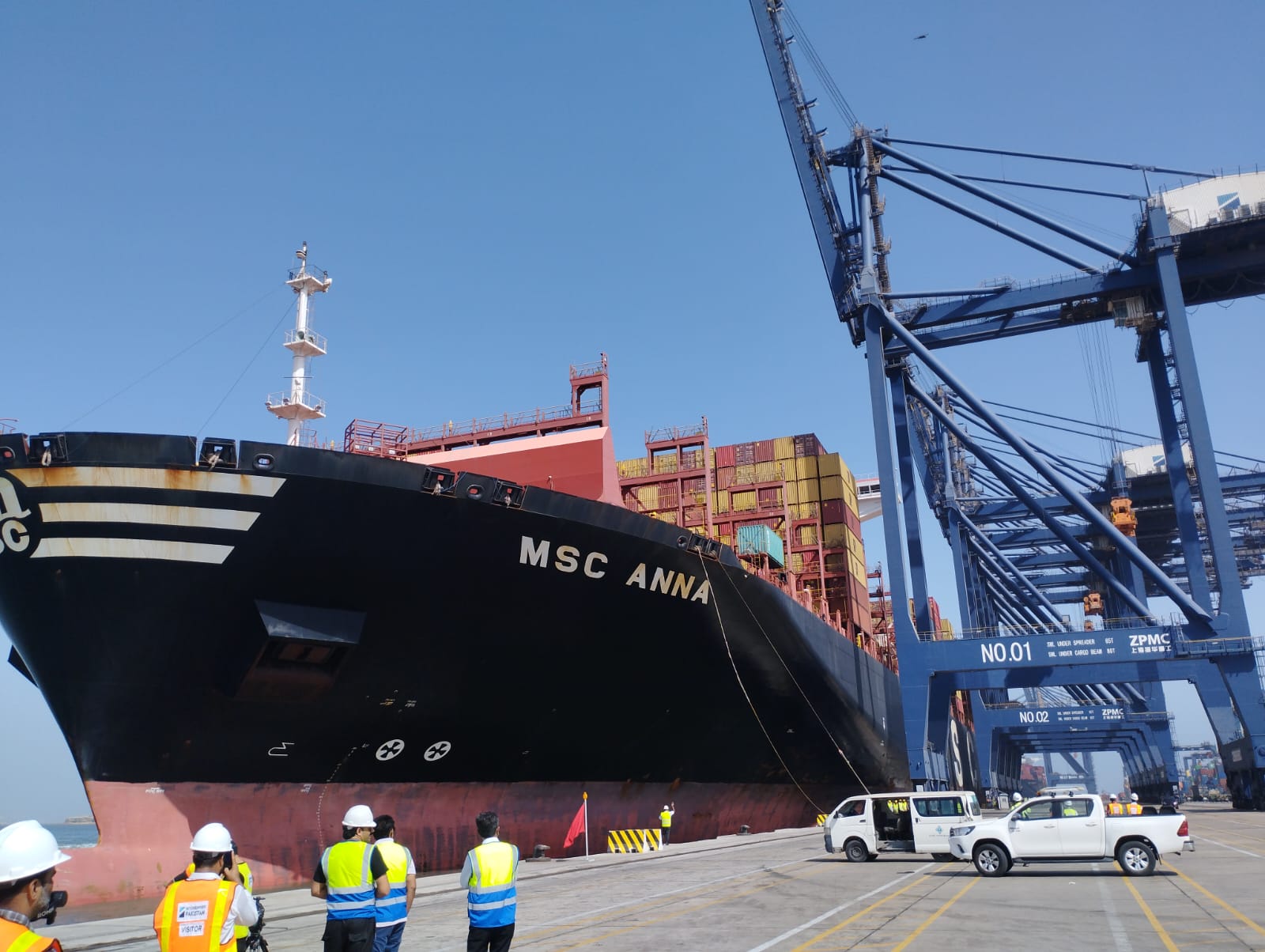






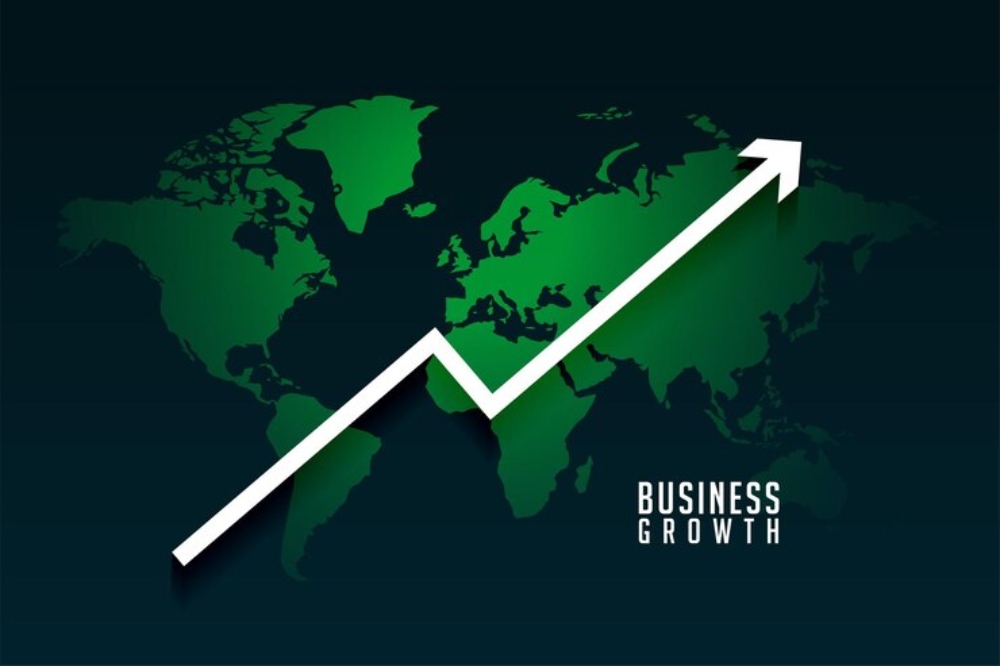

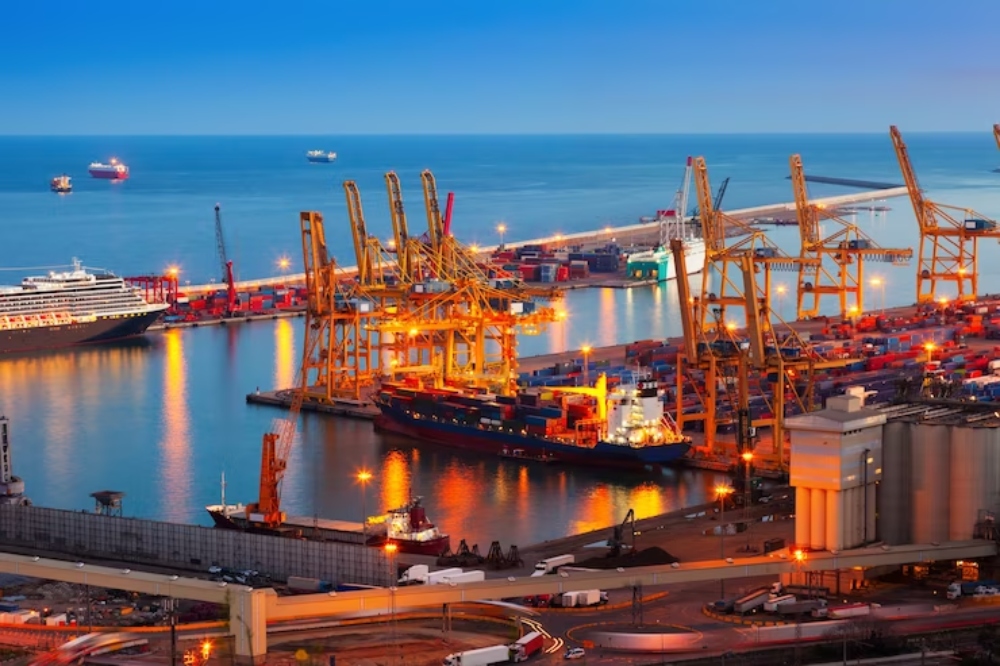



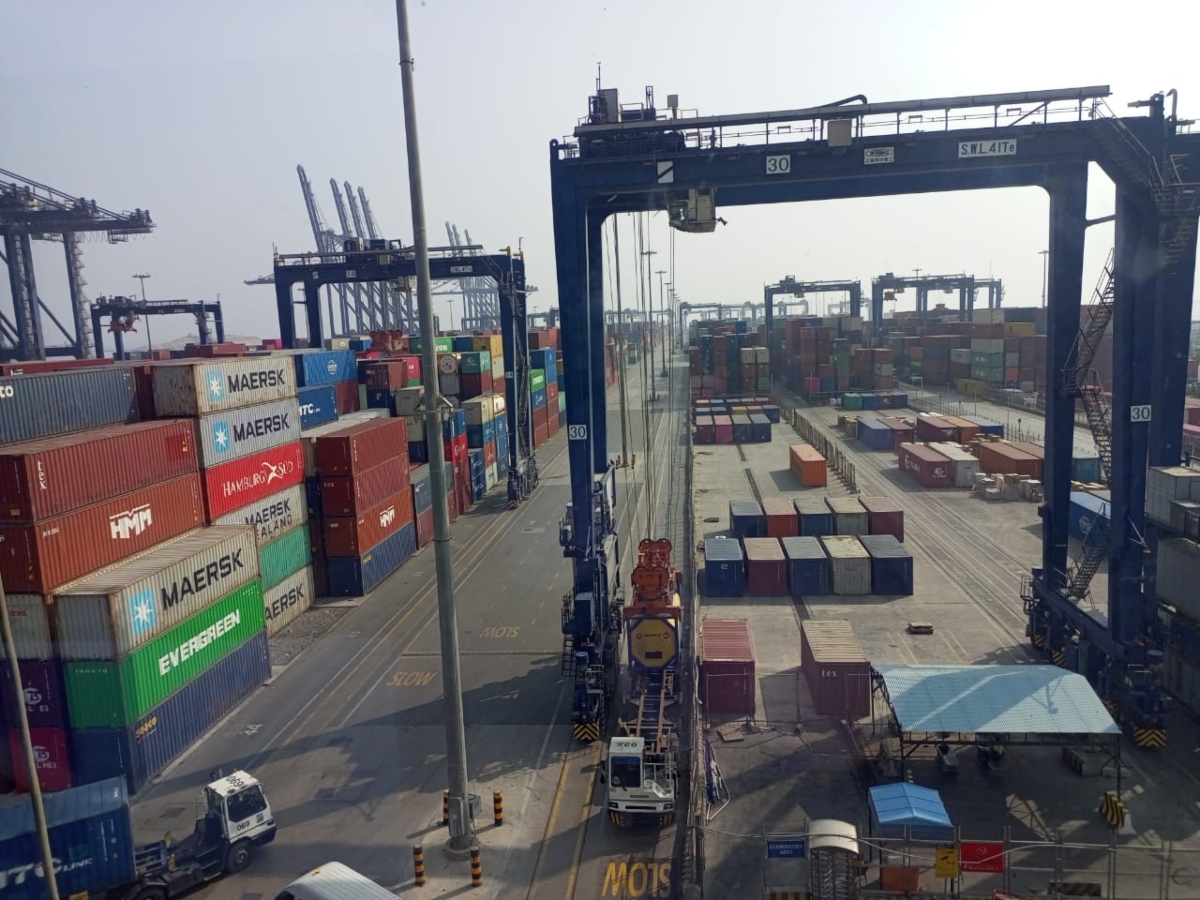
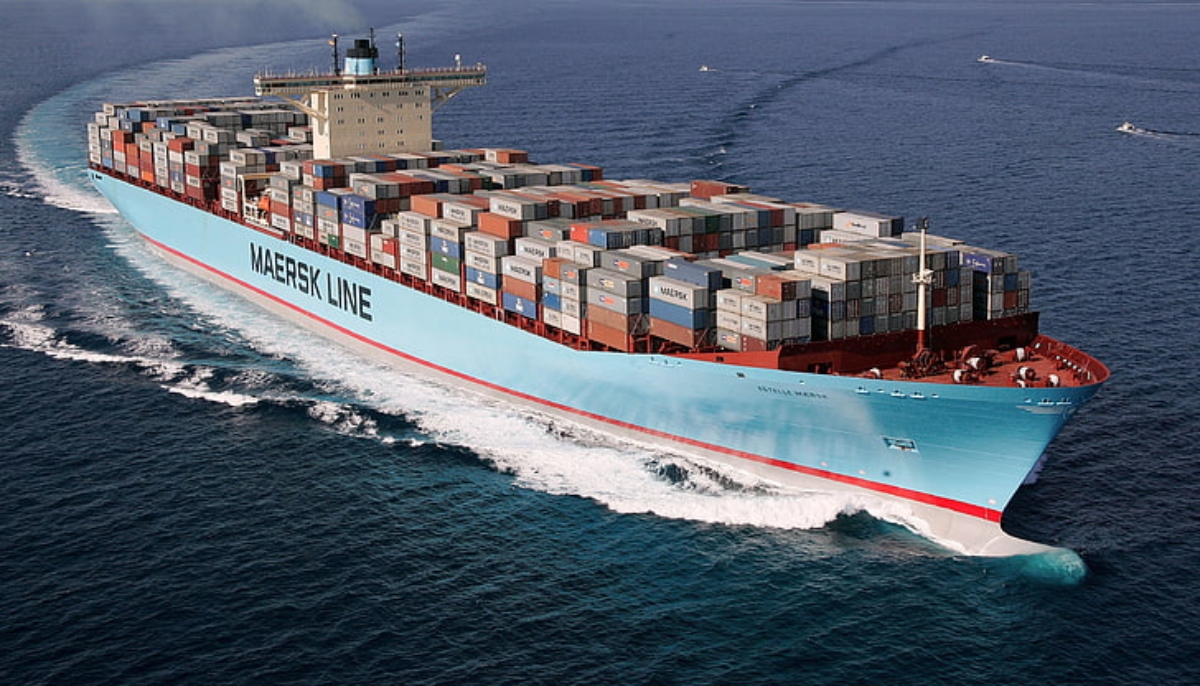


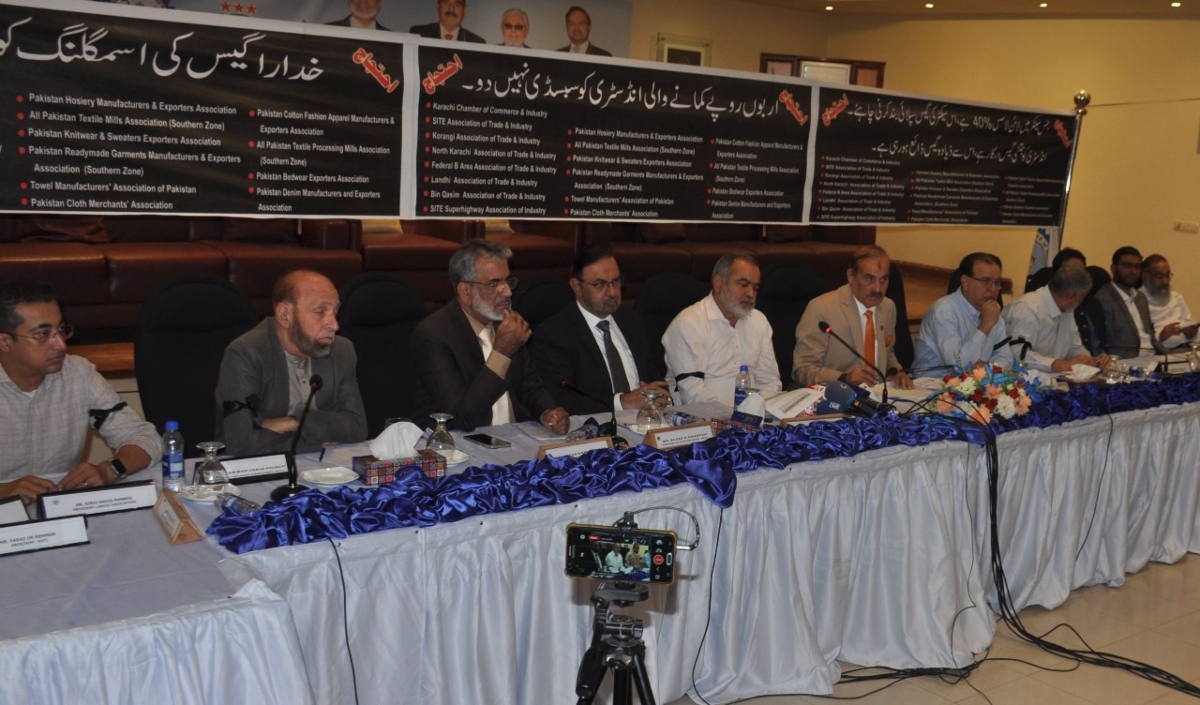
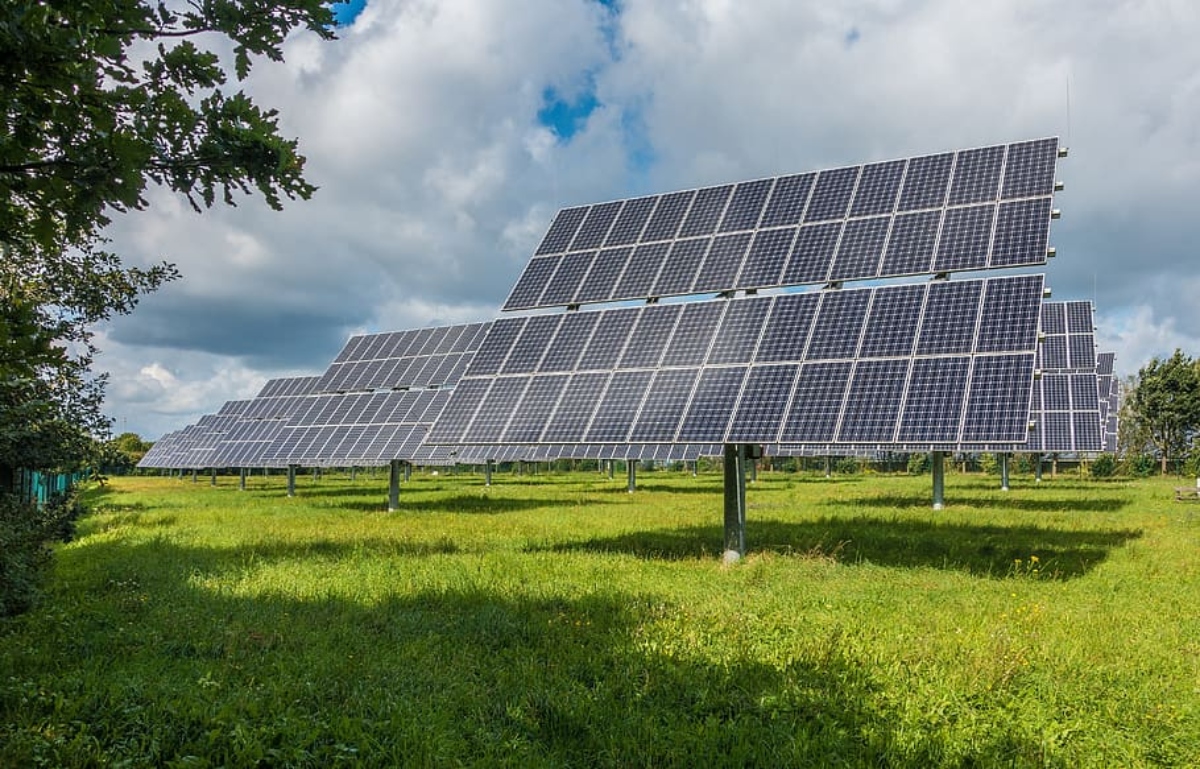


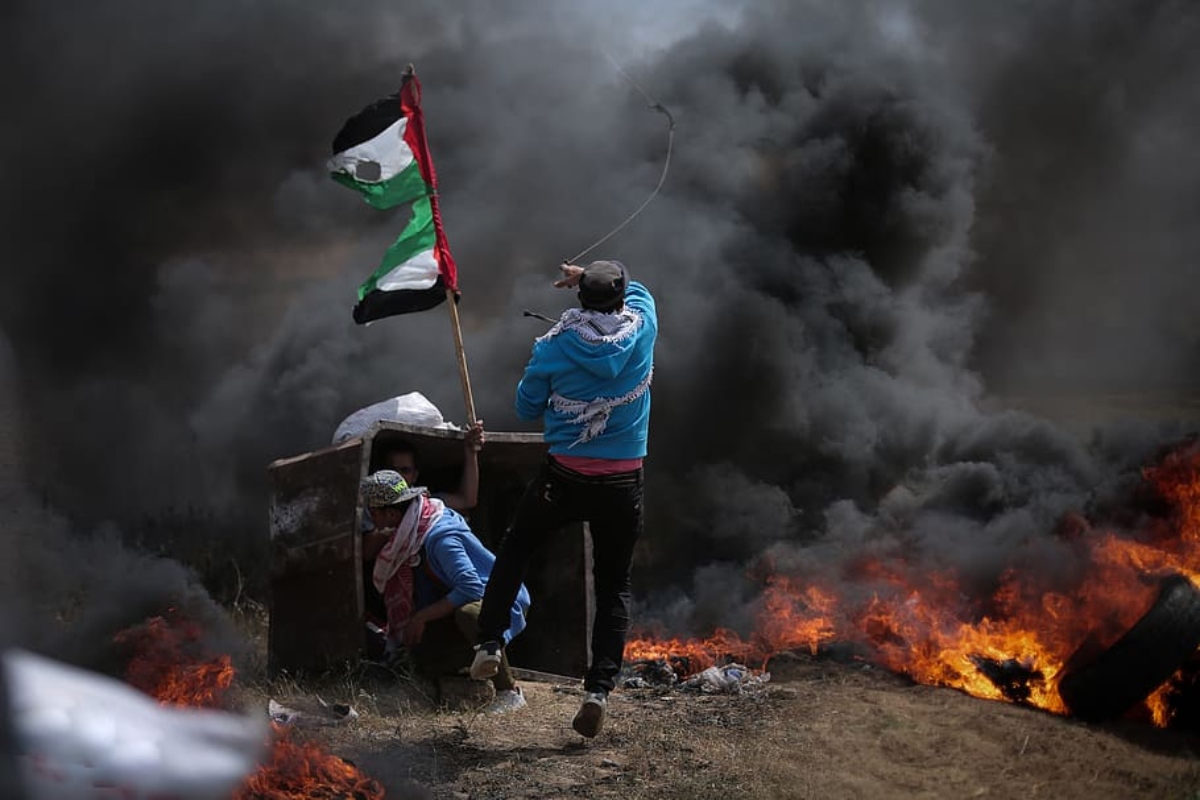




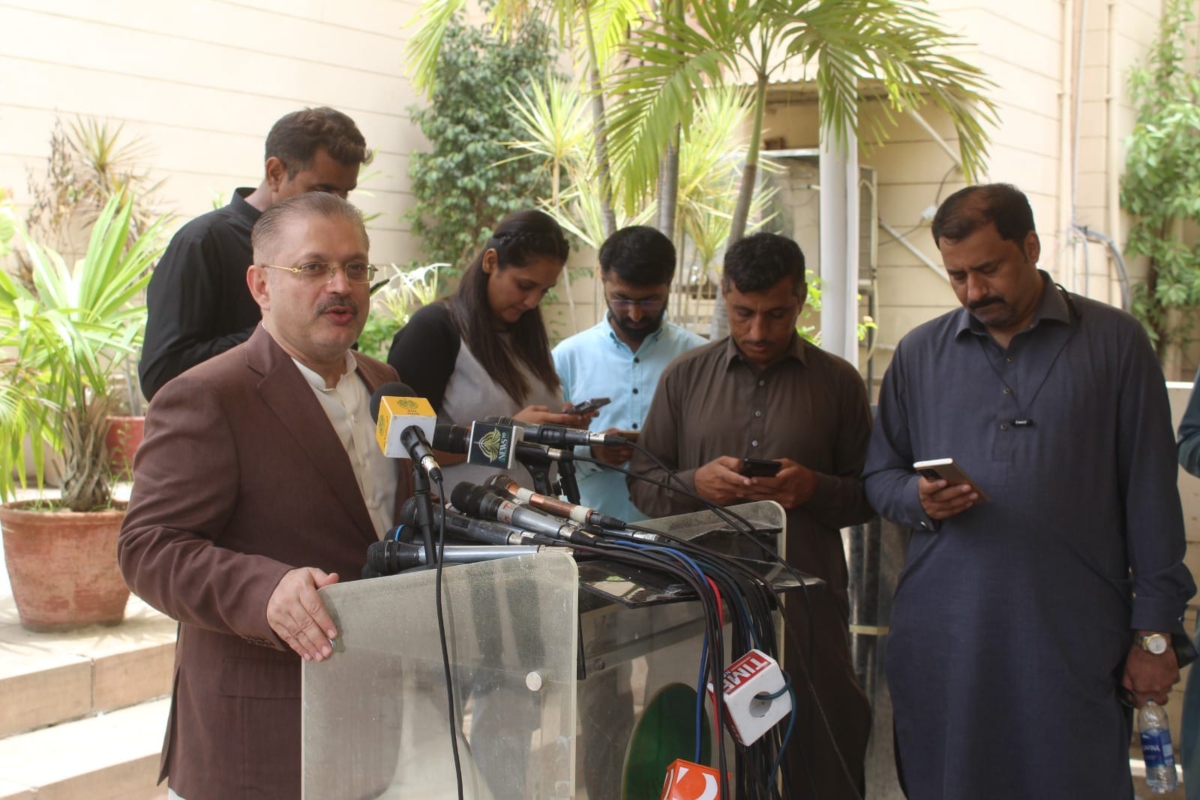

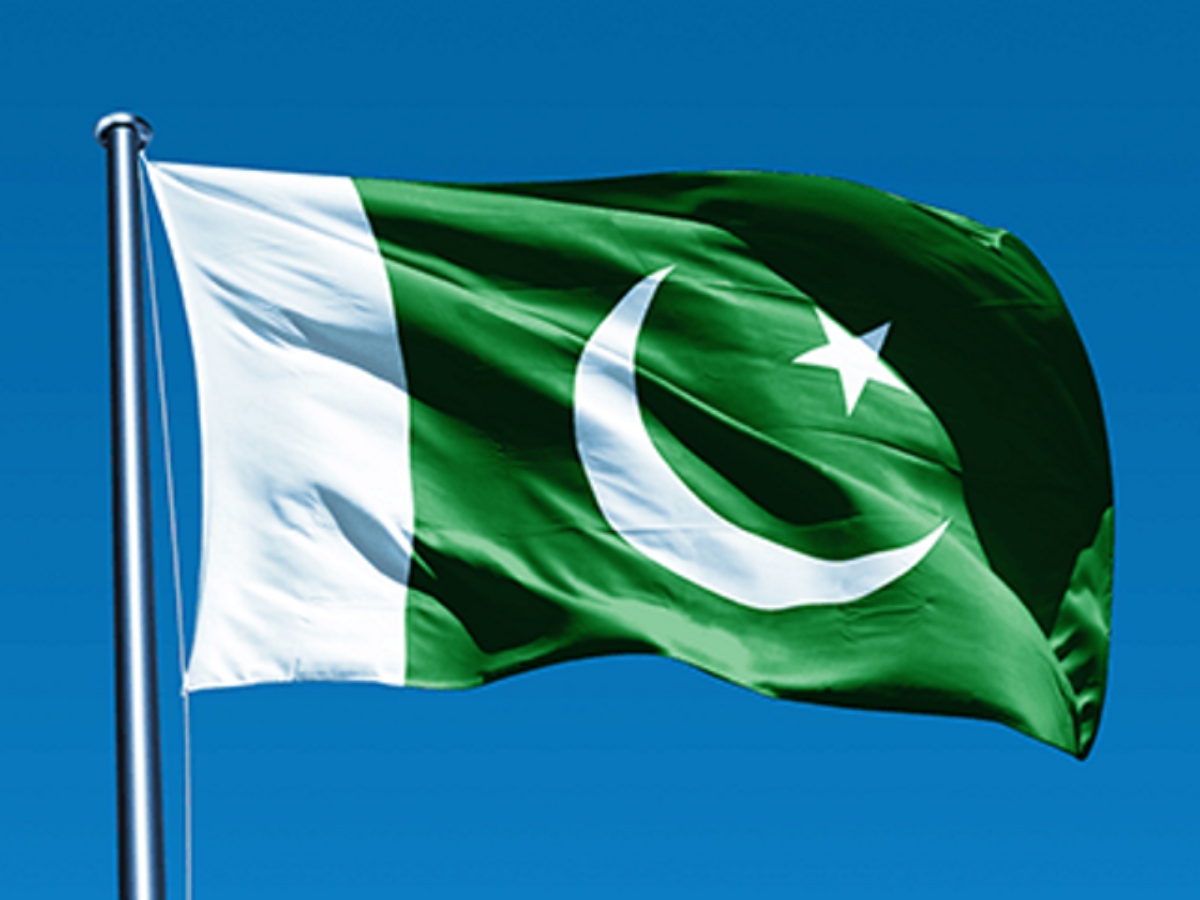
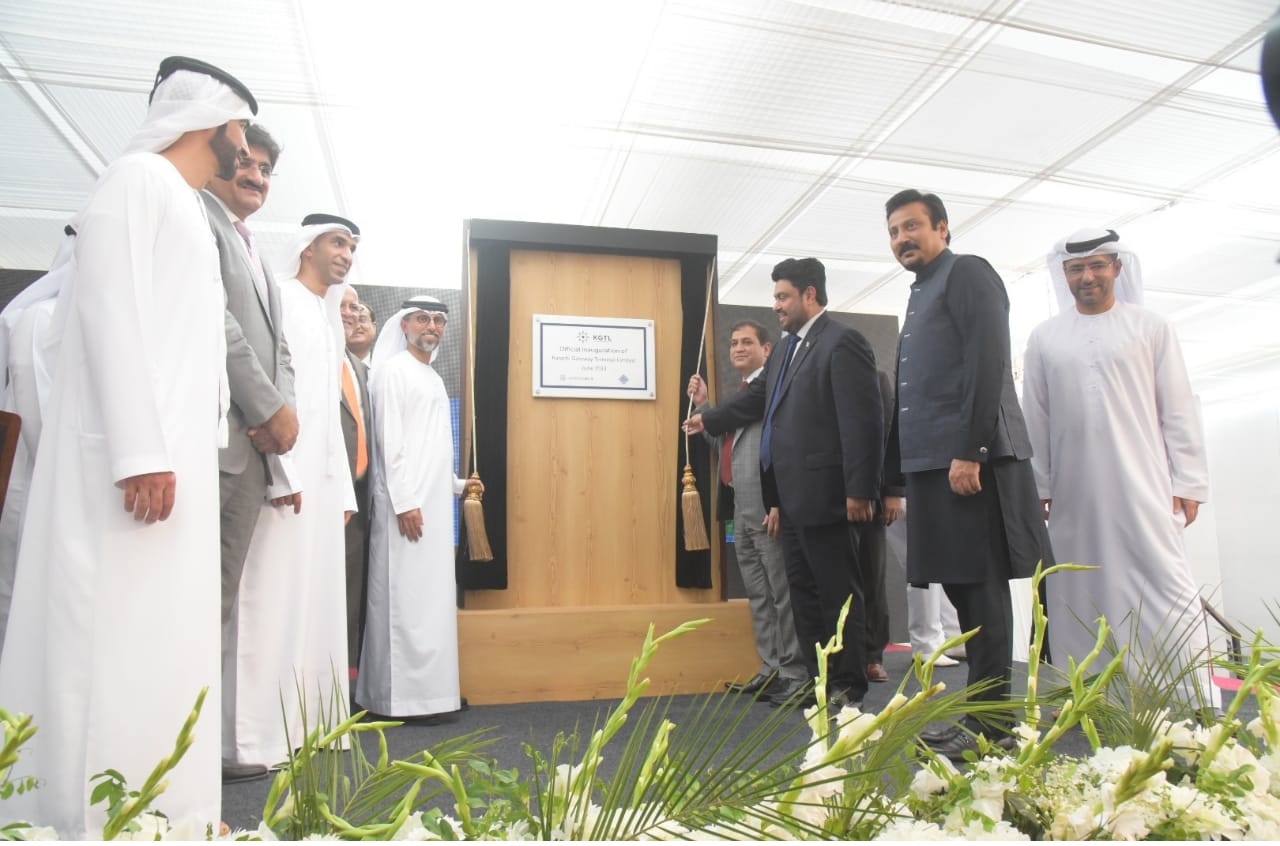
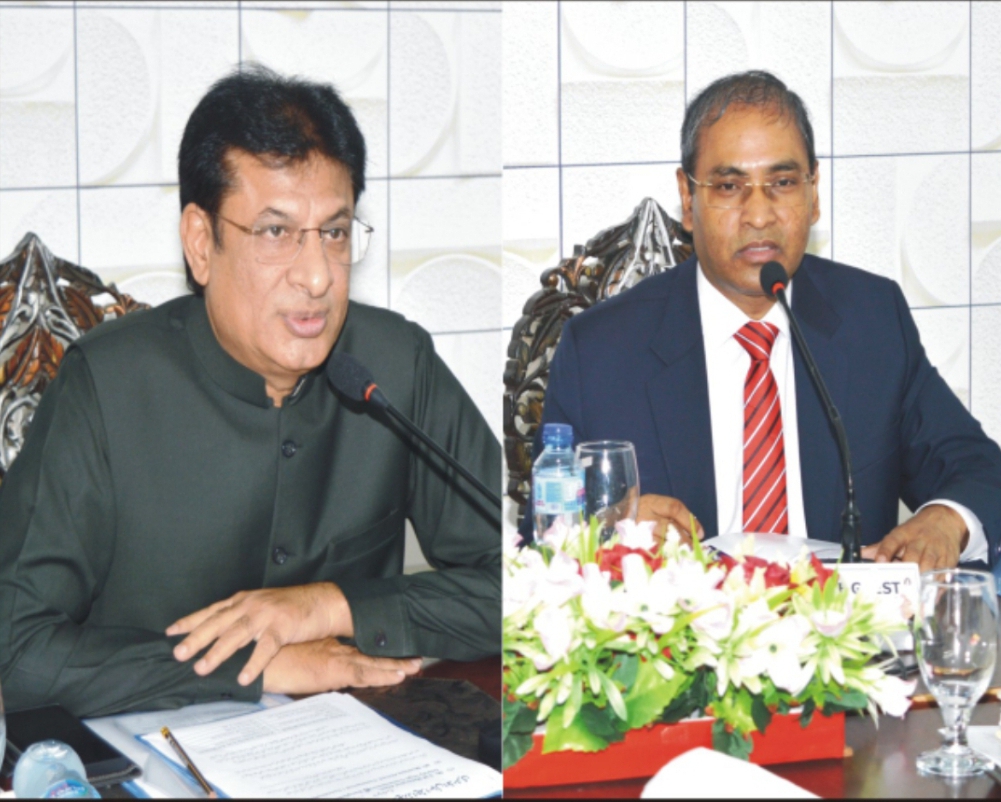
Shame on it! Poor citizens have to face record inflation because of rampant corruption.